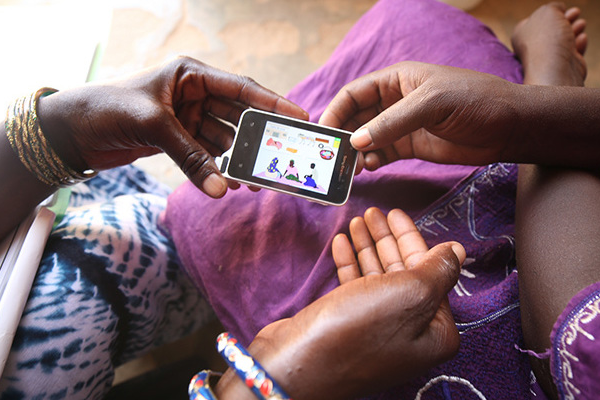 How can ICT4D improve healthcare in developing countries?
How can ICT4D improve healthcare in developing countries?
There are many ways in which ICT4D (Information and Communication Technologies for Development) can improve healthcare in developing countries. Some examples include:
- Telemedicine: ICTs can be used to connect healthcare providers in remote or underserved areas with specialists in urban centers, allowing for the delivery of high-quality medical care to people who might otherwise not have access to it.
- Health information systems: ICTs can be used to create and maintain electronic health records, which can improve the accuracy and efficiency of healthcare delivery and reduce the risk of medical errors.
- Disease surveillance and outbreak response: ICTs can be used to track and monitor the spread of diseases, allowing for more effective and timely responses to outbreaks.
- Public health campaigns: ICTs can be used to deliver health education and information to large populations through social media, mobile apps, and other digital platforms, helping to raise awareness about health issues and promote healthy behaviors.
- Supply chain management: ICTs can be used to improve the management of medical supplies, ensuring that they are delivered to the right place at the right time, and helping to prevent shortages and wastage.
Overall, the use of ICTs in healthcare can help to improve access to care, quality of care, and the efficiency of healthcare delivery in developing countries, ultimately leading to better health outcomes for the populations served.
Read More About ICT4D in Healthcare Below
3 Ways Africa Can Avoid America’s Electronic Health Record Woes
Electronic health records (EHRs) are digital medical charts. They contain information such as a patient’s demographics, medical history, and progress notes. The...
Who Owns the Data in Global Public Health Programming?
A couple of years ago I attended the Global Digital Health Forum, where a speaker by the name of Jeff Street said something that has stuck with me ever since: “Whoever...
Mothers Using Smartphones Have Healthier Babies in Indonesia
Climate change threatens the next generation as young activists around the world tell world leaders insistently. The unborn are not exempt. Secular temperature...
How Bangladesh Successfully Deployed DHIS2 Information System Nationwide
Ten years ago, Bangladesh’s health information system was paper-based and built in a disorganised manner around the unique needs of different programmes and...
Apply Now: $385,000 for Equitable Digital Health Blockchain Systems
Half of the world’s population lacks access to essential health services such as family planning and immunizations, just one example of the unfair yet avoidable...
Apply Now: £500,000 for Infectious Disease Open Source Data Models
Climate change has and will continue to have a profound impact on escalating infectious diseases. Warming temperatures are making new environments more suitable...
Global Public Goods Guidebook for Sustainable Digital Health Deployments
Global goods are digital health software tools that are adaptable to different countries and contexts to help address key health system challenges.
A mature digital...
3 Ways to Overcome the Frontline Health Worker Shortage Today
A ten-year countdown has begun to the deadline for achieving the Sustainable Development Goals (SDGs), including a pledge for universal health coverage. However,...
New WHO Handbook: How to Build Digital Health Information Infostructure
The Digital Health Platform Handbook from the International Telecommunication Union and World Health Organization aims to assist countries with the advancement...
Apply Now: $750,000 Digital Health Funding from Gates Foundation
The Bill & Melinda Gates Foundation sponsors Grand Challenges – a family of initiatives fostering innovation to solve key global health and development...










